Can Latvia become the regional hub for science-based startups? Do we have the ideas, talents, and commitment to achieve results? The companies included in the science startups list shows that our country has good potential in this regard.
Startups working with scientific breakthroughs often have a long way to go before launching their product on the market and making actual business. For this reason, the author has compiled data both on newcomers who are just beginning to hone their ideas and on companies that could already be considered success stories. This industry requires resources and investments along with a carefully devised strategy. These factors are important when it comes to growing the number of startups that are trying to enter the market with products based on scientific inventions.
Why scientific startups?
Because they can offer unique solutions to current issues with the potential of significantly altering the rules of the game in certain fields or even transforming the entire industry. After all, ‘innovation’ is one of the words most often associated with development, efficiency and growth.
While some of the listed companies are nurturing the ideas of foreign scientists, Latvia has its own notable scientific base that should be reinforced and pushed towards success. Universities play a big role in this. A study on startups ordered by the Ministry of Economics and published this year highlights several areas of improvement that could facilitate the commercialisation of scientific ideas.
The study found that representatives of the Latvian academic sector for the most part still follow the closed innovation model, which completely cuts off the innovation process from further testing and adapting to the market, thus creating both a narrow perspective on spin-offs and a need to fight for their intellectual property rights. It also concluded that universities are willing to cooperate but have no clear vision on how to initiate or implement such cooperation. Facilitating cooperation between scientists and entrepreneurs requires government support in the form of a platform and funding.
Some of the interviewed entrepreneurs revealed that the local players of various industries are not always interested in trying new things or that sometimes there simply are no manufacturers in Latvia that could benefit from the startup’s ideas. Ilona Gulchak from the Commercialization Reactor, which serves as a platform for deep-tech startups, points out that the industrial basis is crucial for the development of deep-tech companies and their pilot projects. The Commercialisation Reactor helps companies carry out such pilot projects in other countries as well.
Latvia could claim the deep-tech field
In general, the startup ecosystem in Latvia is growing. According to the data from the Ministry of Economics, a little over 400 startups were registered in our country at the beginning of the year, with roughly 100 more ideas in development. These companies contribute 6–8 million euros in taxes annually and employ more than 1600 people.
The startups listed have attracted more than 15 million euros worth of investments in their lifetime. Companies from other fields are also actively seeking funding – last year Latvian startups attracted a total of 85,2 million euros.
Commenting on these results, Olga Barreto Gonçalves, the head of the Startup Support Division at the Investment and Development Agency of Latvia, highlights another trend: increasingly more investments are made in companies in the early development stages, but such investments tend to be rather small. Whereas, Liva Perkone, board member of startup conference TechChill, says: “We have grown a lot over the last few years. But there are many challenges that both startups and other companies face. The most important thing is attracting talent and telling the world that Latvia is a great place for developing a business. We also need to agree on the strategy, which Latvia currently lacks.” For example, Lithuania has committed to growing its financial technologies field. With the help of the government, Latvia could claim the deep-tech field. The association’s representative assures that our country has already done a lot, but Latvia has other positives as well: “One of the strengths we should play on is being small and flexible, which allows us to quickly adapt our laws, introduce new initiatives, and bring them to life.”
Speaking of this industry’s future, we can predict that with the growing number of support instruments and platforms for connecting entrepreneurs with scientists, the interest in commercialising scientific breakthroughs will also grow. It will also be interesting to observe the development of existing companies when they have built big enough muscles to become the next success stories. Naturally, there are no guarantees in the business and some companies are forced to call it quits. But people pursuing business are willing to take risks and not give up after the first setback, which is exactly what helps to achieve the desired result: fulfilling the vision and launching an innovative product.
What was the selection process like?
To create this list of companies, data on the attracted investments has been compiled as well as on turnover; the number of patents, technological licences, or applications; and other data. We obtained information by questioning the companies, researching publicly available sources and the Lursoft database. We also considered whether the companies are already offering their product to customers, carrying out pilot projects and testing, or are still refining their idea.
LightSpace Technologies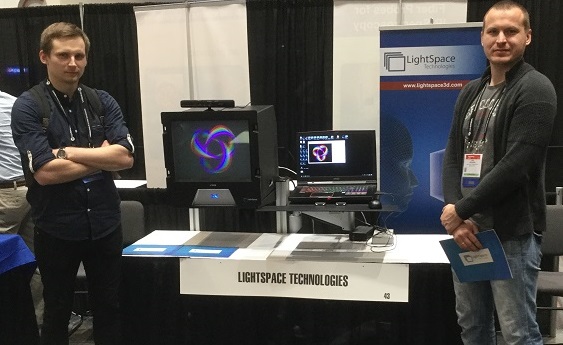
Industry vertical: 3D Technology, Electronics, Manufacturing
Investments attracted: about 7 million euros
CEO: Ilmārs Osmanis
Associate of the cutting-edge technology company HansaMatrix, LightSpace Technologies is the world’s leading manufacturer of 3D image displays. 3D displays are used in medicine to perform minimally invasive surgeries and ultrasound imaging, as well as in other fields. The company also supplies its technology to the industrial, safety, and security sectors. LightSpace Technologies has filed 12 patent applications and received two approvals to date.
Vortex Oil Engineering
Industry vertical: Oil & Gas, CleanTech
Investments attracted: about a million euros
CEO: Sergejs Jakimovs
Vortex Oil Engineering operates in the oil industry. The company offers a technology that increases the amount of extracted oil by 40–70%. The oil well is pumped full of water, which is later separated from oil and reused. The reused water is not clean, and filtering is very expensive. The technology developed by Vortex Oil Engineering splits oil droplets, sand, and other contaminants into smaller particles, making the process more efficient. While the company is based in Poland, Vortex Oil Engineering is also registered in Latvia. Vortex Oil Engineering holds one patent.
ALINA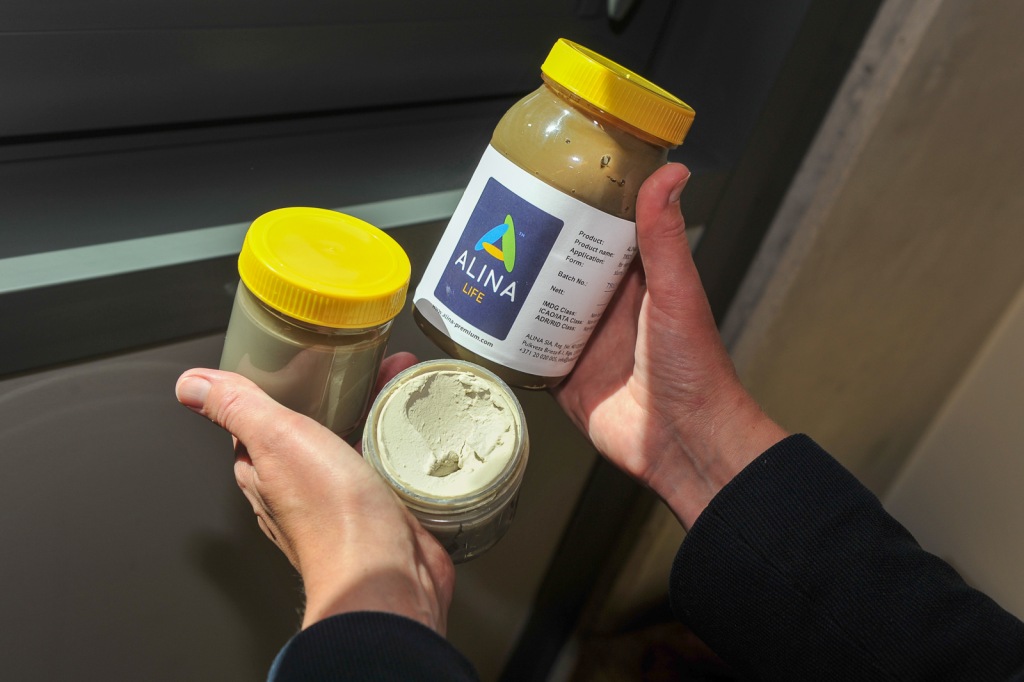
Industry vertical: Chemical, CleanTech, GreenTech
Investments attracted: 2.3 million euros:
CEO: Solvita Kostjukova
The startup ALINA is developing and manufacturing mineral-based antimicrobial additives for paints and finishing products using a zero-waste and resource-efficient technology. The additives offered by the company replace toxic chemicals and heavy metals. The inventor of this additive is the scientist Juris Kostjukovs who is the father of the company’s CEO Solvita Kostjukova. The company holds one international and one Latvian patent.
Conelum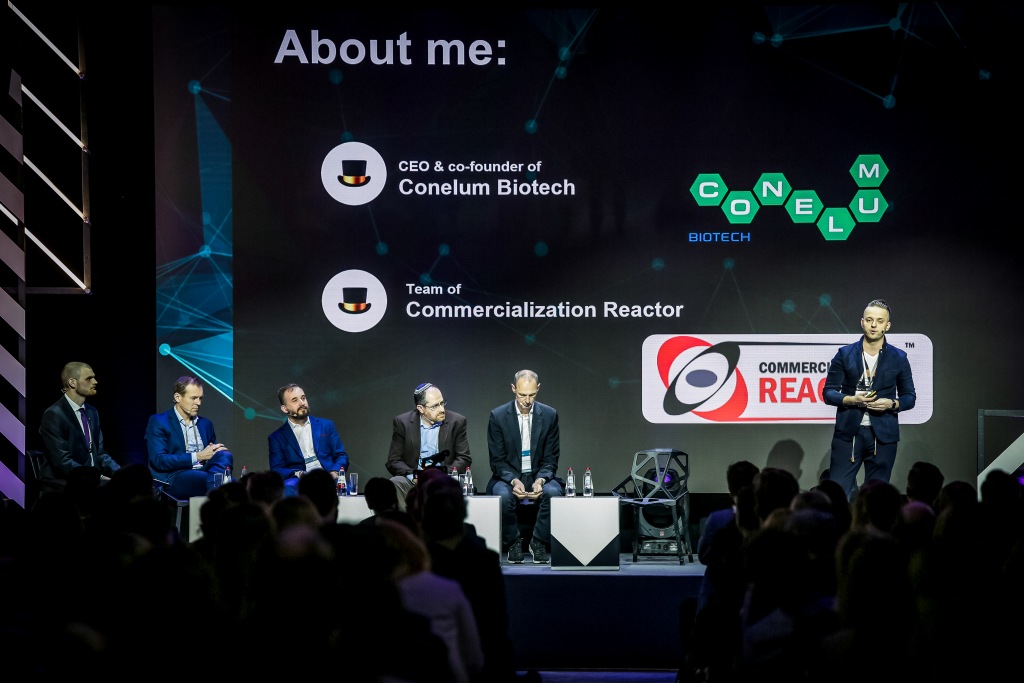
Industry vertical: BioTech, Health Diagnostics
Investments attracted: undisclosed
CEO: Antons Adamovičs
The biotechnology company Conelum was founded in late 2012. It focuses on the development of rapid microbiological diagnostic tests for food and drink manufacturers. The technology has been studied and optimised by the scientists of Riga Technical University for over a decade. Until now, microbiological tests took at least 24 hours to complete, but with the Conelum technology this time period has been reduced to 30 minutes. Last year, it was reported that Conelum had attracted 845,000 euros of investments, but this year the company refused to disclose the exact amount.
Exonicus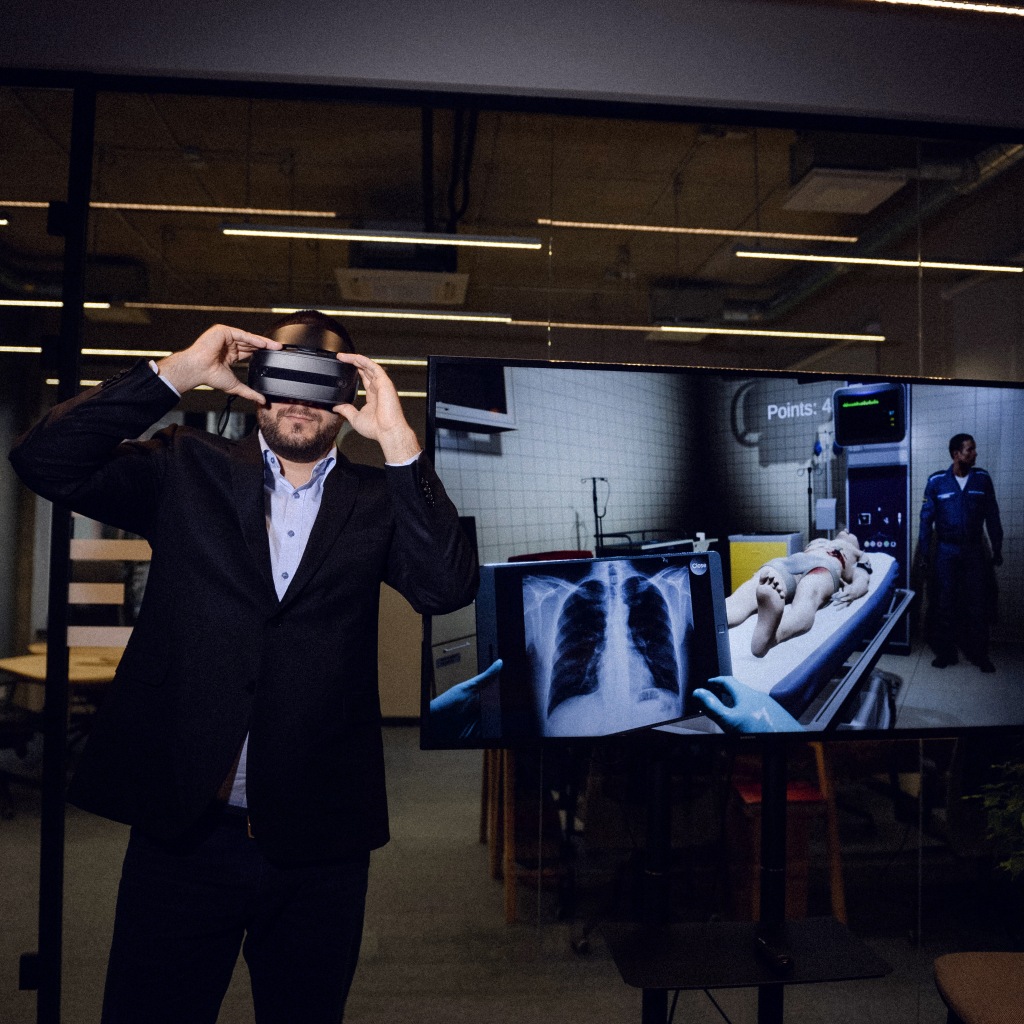
Industry Vertical: VR, MedTech, EduTech
Investments attracted: 500,000 euros
CEOs: Sandis Kondrāts (USA), Jānis Kondrāts (Latvia)
Exonicus was originally founded as a digital publishing house that released a book on human anatomy. Later, it changed its direction and developed a 3D software technology for learning anatomy: Anatomy Next and Anatomy Labs. Last year, Exonicus started developing Trauma Simulator, a virtual reality software for the training of military medical personnel. During the first two quarters of the year, Exonicus strengthened its relations with a very significant client, the United States Department of Defense, which is served by its American-registered counterpart. Now Exonicus is setting its sights on the European market, which is very interested in the Trauma Simulator.
EvenTech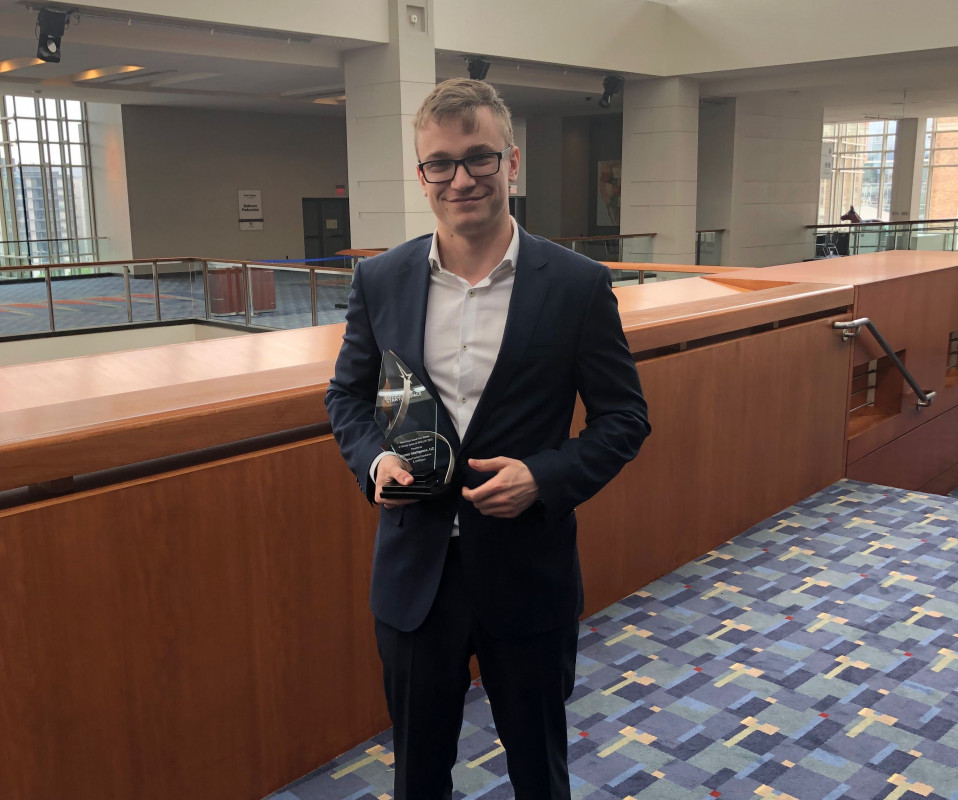
Industry vertical: SpaceTech
Investments attracted: 780,000 euros
CEO: Nikolajs Adamovičs
The company was founded in 2011 as the so-called spin-off of the Latvian Institute of Electronics and Computer Science. EvenTech products are based on a unique digital signal processing method which allows measuring the sequence of events with very high precision. Such devices are called event timers. The company is also involved in developing the Luna 27 spaceship’s landing system. Patenting is planned for later.
Koatum
Industry vertical: HealthTech, MedTech
Investments attracted: 400,000 euros
CEO: Sergejs Jakimovs
Founded in 2014 in Riga, the company contributes its unique know-how to the medical implant manufacturing industry. Even though this industry is expanding, the main direction of research and development remains the same: making medical implants safer, facilitating healing and minimising the risk of implant rejection. Koatum offers a bioactive coating for medical implants. Unlike other solutions available on the market, Koatum’s coating consists of multiple layers with different functionalities and qualities. The company holds one patent and one technological licence.
CastPrint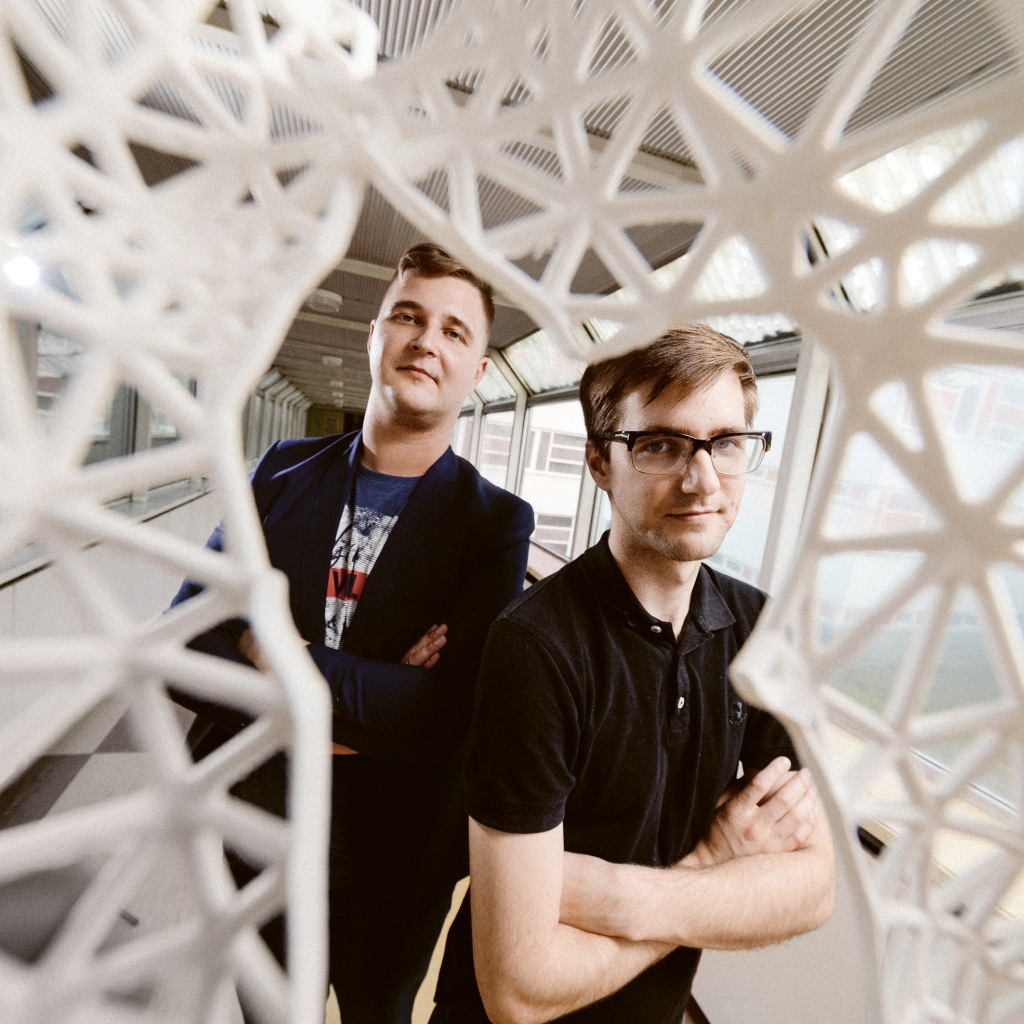
Industry vertical: HealthTech, 3D Technology
Investments attracted: 170,000 euros
CEO: Jānis Oliņš
This company provides patients with customised casts that are made using 3D printing. They are lighter than the traditional casts used for immobilisation of fractions, as well as durable, breathable and waterproof. While this solution is still in the development stage, the pilot project is underway with CastPrint available in several treatment centres in Latvia. CastPrint is made from eco-friendly polylactic acid plastics that is safe for skin. The startup refused to provide information on the exact number of patents and licences as it is a commercial secret.
EvoLed
Industry vertical: Nanotechnology, Energy
Investments attracted: more than 800,000 euros
CEO: Fjodors Jerjomins
EvoLed has developed a cheaper organic light-emitting diode (OLED) technology that relies on lanthanide compounds. The company proffers OLED as the most up-and-coming and cost-efficient technology not only for light sources but also for information screens and panels. However, OLED devices are relatively expensive because the cost of materials is high. But EvoLed has a solution: instead of using expensive iridium compounds, they go for the cheaper, lanthanide compounds.
Cenos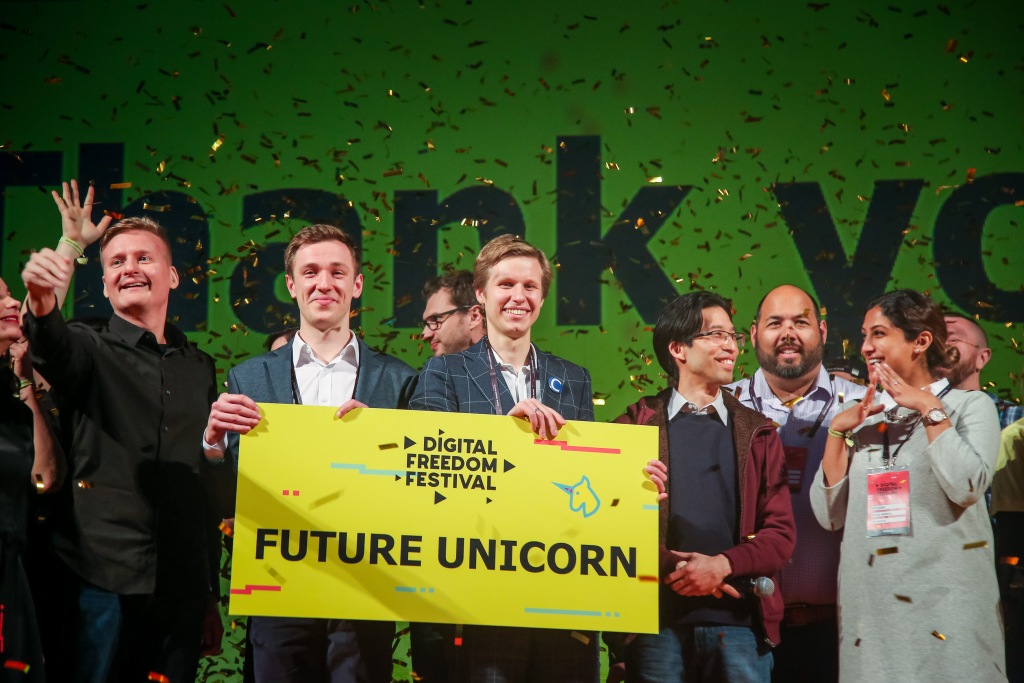
Industry vertical: 3D Technology, Software
Investments attracted: 180,000 euros
CEO: Mihails Ščepanskis
Cenos is a modelling platform that combines different open-source tools. The company was founded in 2017 by a team of experienced physics and mathematics doctors, engineers, and software developers. Cenos is a digital solution that allows engineers to develop and virtually test new products. It saves companies time and reduces costs by replacing physical prototyping and laboratory testing with computer simulations. Meanwhile, manufacturers can apply a modern digital approach to the development of new industrial devices and other technological solutions. The company is currently preparing to attract new investments in the amount of roughly one million euros. This year, Cenos has grown its turnover, reaching 41,540 euros in the first half of the year.
Squad Robotics
Industry vertical: Robotics, Manufacturing
Investments attracted: 220,000 euros
CEO: Matīss Brunavs
Squad Robotics is an indoor positioning system that helps manufacturers of industrial cleaning equipment turn manually operated machines into autonomous machines. The company was founded in Great Britain where it participated in the Startupbootcamp IoT London accelerator event, but its team is Latvian. It is currently negotiating long-term cooperation with cleaning equipment manufacturers who plan on introducing autonomous technologies. It is also working on building an ecosystem to ensure faster and more efficient development and introduction of autonomous robots. Squad Robotics holds several patents.
Alternative Plants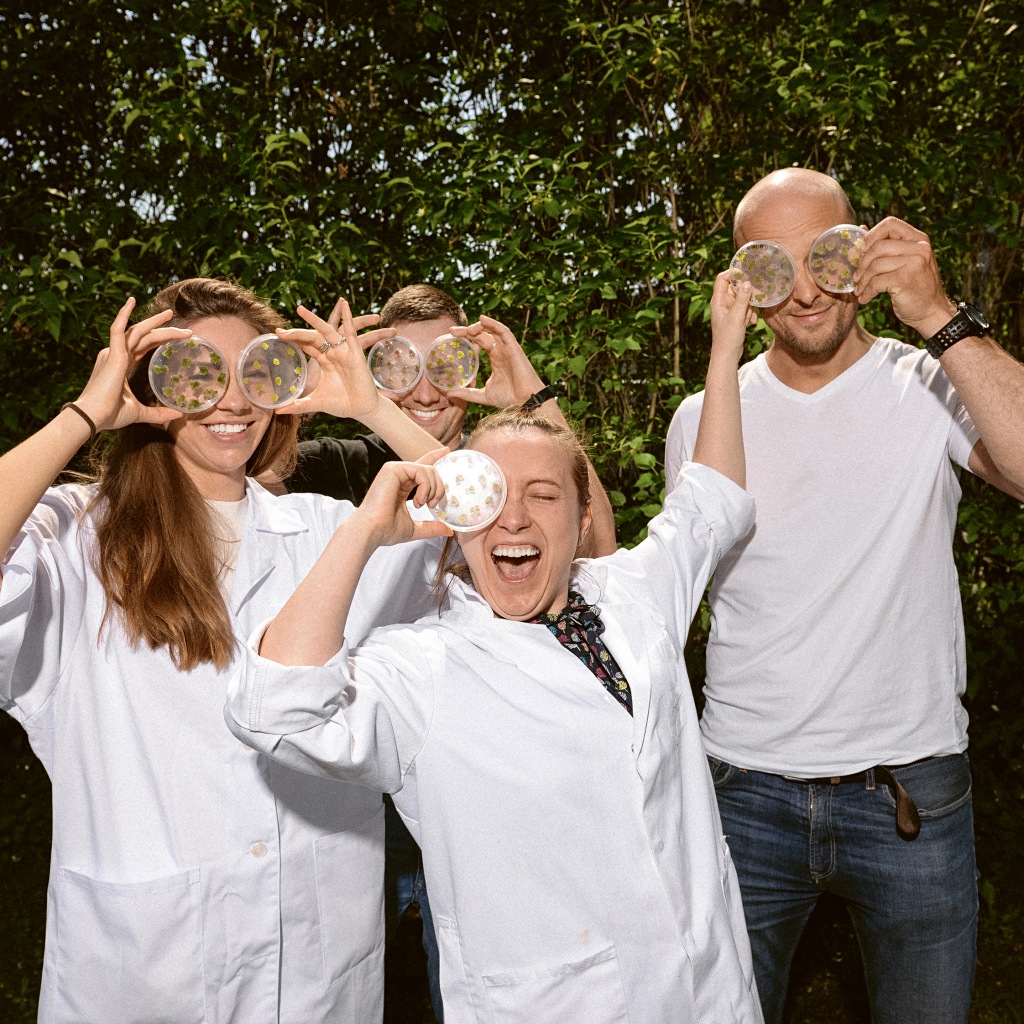
Industry vertical: Agriculture, BioTech, CleanTech, Pharmaceutical
Investments attracted: 170,000 euros
CEO: Anna Ramata-Stunda
This company produces natural active ingredients for cosmetic products. Plants are an essential resource not only for food, but also for industrial and medicinal applications. Plants produce powerful protective and regenerative substances, but some active ingredients are virtually inaccessible due to plants being difficult to collect or even endangered. Alternative Plants offers a chance to propagate the tissue cultures and cells of these plants in a laboratory environment. Last year, the company submitted one patent application and expects to submit another one in September.
SnowVision
Industry vertical: IoT, Software, Environment
Investments attracted: 175,000 euros
CEO: Aleksejs Korabovskis
SnowVision has developed a prototype for a technology that is able to detect the volume, density and temperature of snow remotely by using microwave sensors. This allows one to predict the rate of melting. With a dedicated software, winter resorts will receive this information instantly and be able to decide whether and where the snow cover should be increased. According to SnowVision’s estimates, producing snow only when it is necessary may reduce costs by up to 40%. The prototype is still being tested.
Asya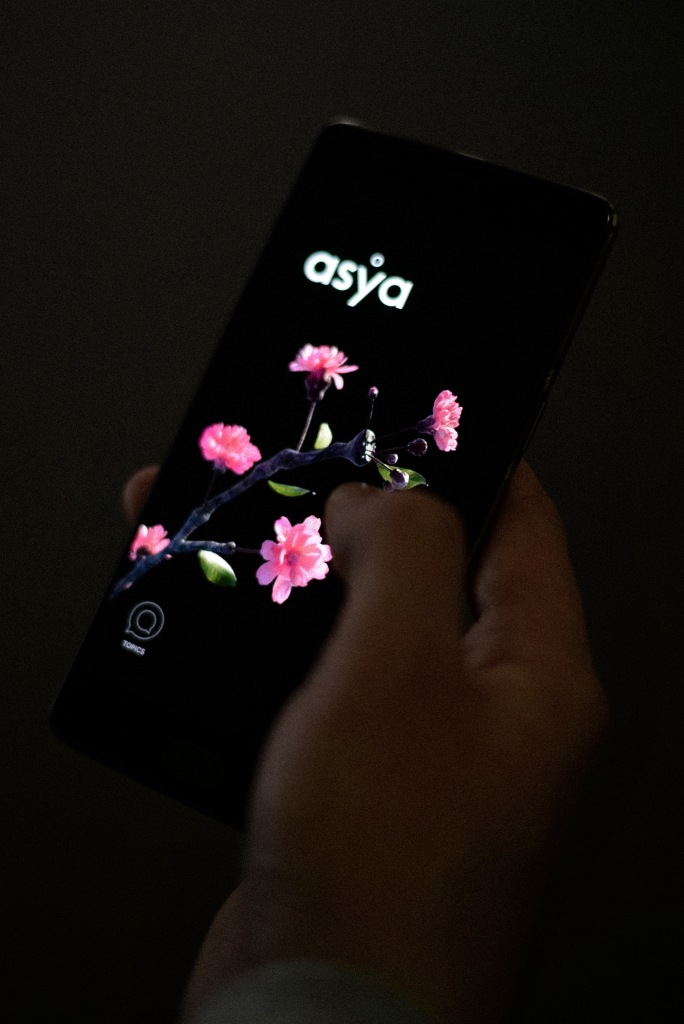
Industry vertical: Artificial Intelligence, Machine Learning, App
Investments attracted: 120,000 euros
CEO: Ēvalds Urtāns
Asya offers an artificial intellect application that improves communication skills. Asya listens to the users and gives feedback on their communication with other people, both evaluating listening skills and helping to become a better speaker. The company’s representatives stress that the future belongs to artificial intelligence products that help people become better versions of themselves. Asya cares for data safety and does not store conversation recordings.
Sizzapp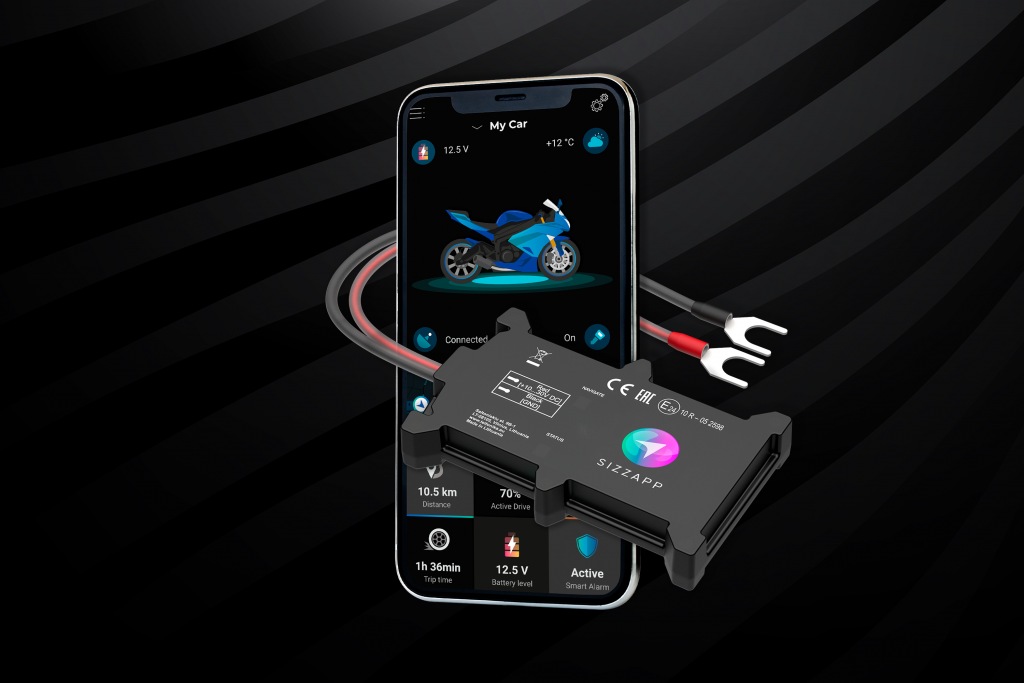
Industry vertical: Transport, Security
Investments attracted: 50,000 euros
CEO: Deniss Moldovans
Sizzapp offers a transport monitoring system that keeps up with the vehicle’s or motorcycle’s real-time location and technical condition, the driver’s driving habits and other metrics. Sizzapp started actively advertising its services this summer, with its product currently available from several motorcycle and car dealers and coming soon to Tet stores. The company has many ideas on how to improve their product by expanding its functionalities.
*This article was originally published in the Forbes Latvia September 2019 issue, and the full version in the Latvian language is available on Facebook.

